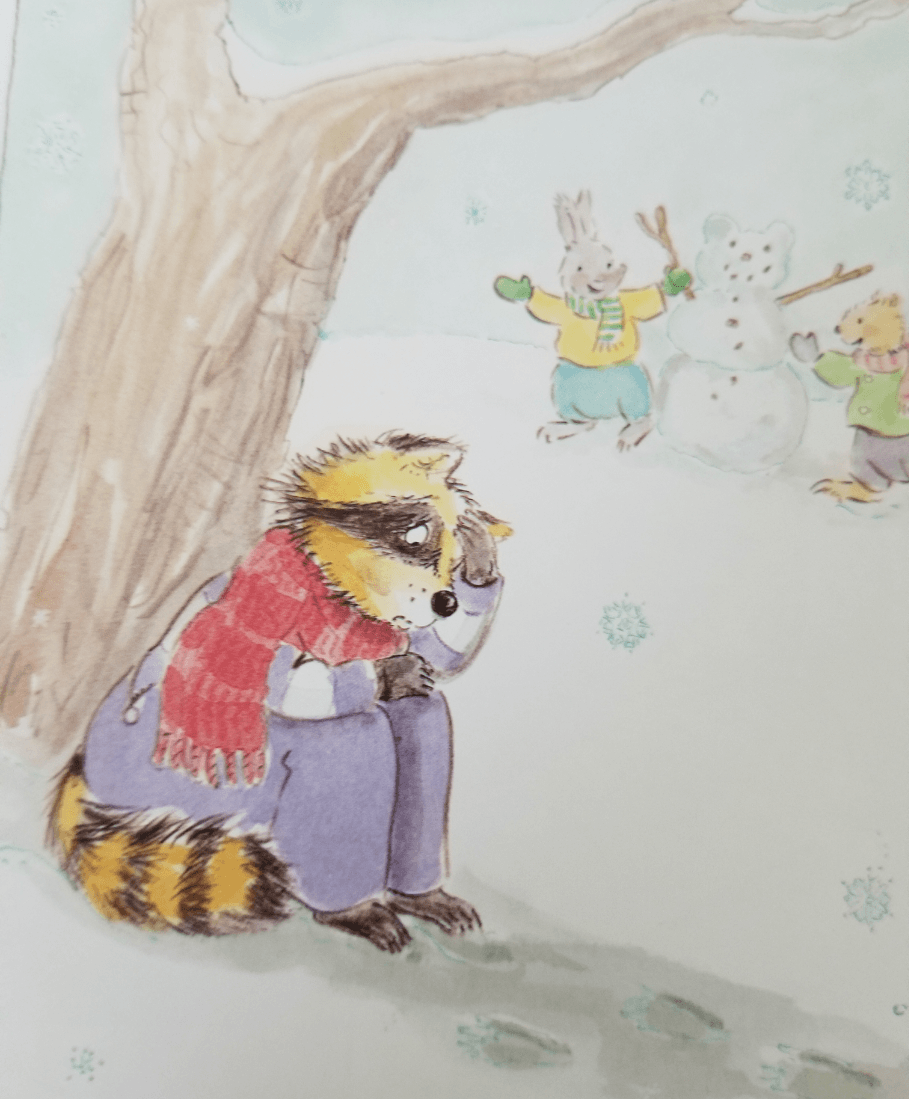What is trauma?
The negative and lasting impact of directly witnessing, experiencing, or learning about the actual or threatened death, serious injury, or sexual violence of a loved one. AKA A really terrible and scary thing happened where I thought I could be seriously hurt or someone I loved could have been seriously hurt or died.
What is domestic violence?
When an adult family member is hurting another family member, with pushes, shoves, hits, slaps, punches, or uses objects. It can also be with name calling and making threats. It is very scary for kids to see and it is never the child's fault there is fighting.
What are we going to be learning about in therapy?
How to move forward from our trauma and learn tools to help us control our feelings and learn safe and healthy ways to feel better.
What is parentification?
When a child has to take care of their younger siblings and take on a parent role because the parent cannot or will not...whether that is because they are under the influence of drugs or alcohol, don't know how to take care of them, in jail, or neglectful.
Criteria 1-intrusion symptoms



recurrent, involuntary distressing memories that come to mind when we don't want them to, trauma-related dreams or nightmares, flashbacks or dissociation ("checked out"), physical body responses when triggered, and/or intense and prolonged reactions to triggers
What are triggers?

An internal or external cue that reminds children of their original trauma experience. They may be a person, place, thing, smell, memory, conversation, or even body language. Some are easy to figure out (fire alarm went off), and some are hard (lasagna for dinner)!
How "common" is domestic violence?
3 million kids see this kind of violence in their homes each year. This means there are lots of children that see or hear adult family members hurting one another.
Daily Double: Try to make us laugh by telling your best joke, doing something silly, or making a funny face!

Why is it so hard to trust people after going through trauma?
The person that was supposed to care for you, teach you, and love you caused you or someone you loved harm.
Criteria 2-avoidance

effort to avoid trauma-related thoughts, feelings, or memories and external reminders such as people, places, and things associated with the trauma
What do kids feel when they've experienced trauma?
lots of BIG feelings like anger, sadness, confusion, shame, guilt, frustration, disappointment, just to name a few. All feelings are normal!
Who experiences domestic violence?
How can we start trying to manage our big feelings now?
Relaxation strategies! (Safe place, Light Stream, Breathing Colors, Container, Drawing, Music)
What causes PTSD?
Going through a trauma can cause PTSD. PTSD happens when your life or someone you love and care for's life is in danger.
Daily Double: If you could be an animal for the whole day, what animal would you choose?

That sounds awesome ☺
Tell us about Amy the Amygdala

The amygala is the part of our brain that controls emotions. It's job is to keep us safe and protect us from danger. "Amy" sends fear signals to my body so I run, freeze, or fight the "danger." When we experience trauma, Amy can think that little things can be scary and cause a false alarm.
Who are the people in your life that you can talk to about your big feelings? (school/work/home)
They sound supportive and loving!
What is it called when a parent or caregiver harms a child due to being angry, as a punishment, or another reason?
physical abuse
What cartoon character would you be for the whole day?

Criteria 3-negative alterations


negative beliefs about oneself, others, or the world, persistent, distorted thoughts about the cause of trauma and consequences of the trauma (shame/guilt/blame), negative mood, difficulty feeling positive emotions, and feeling detached or trouble forming positive and healthy relationships
Daily Double: If you could have any superpower, what would it be?

Cool! You'd make a great superhero ☻
What are healthy and appropriate ways to work out disagreements or arguments?
That is a good strategy!
What are some reasons kids may not immediately tell they have been abused?
Fear of what will happen, fear of not being believed, fear that guardians will be angry and react, fear of breaking up family, fear of getting in trouble...
Will someone always have PTSD?
No! You can get help for it and heal from the impacts of the trauma. If you don't go to therapy or don't process through and work on your trauma symptoms then you may always have PTSD.
Criteria 4-hypervigilance



arousal and reactivity such as irritable behavior or "unexplained" anger outbursts, reckless/self-destructive behavior, exaggerated startle response, concentration problems, sleep difficulties, and always looking over your shoulder or feeling "on guard"